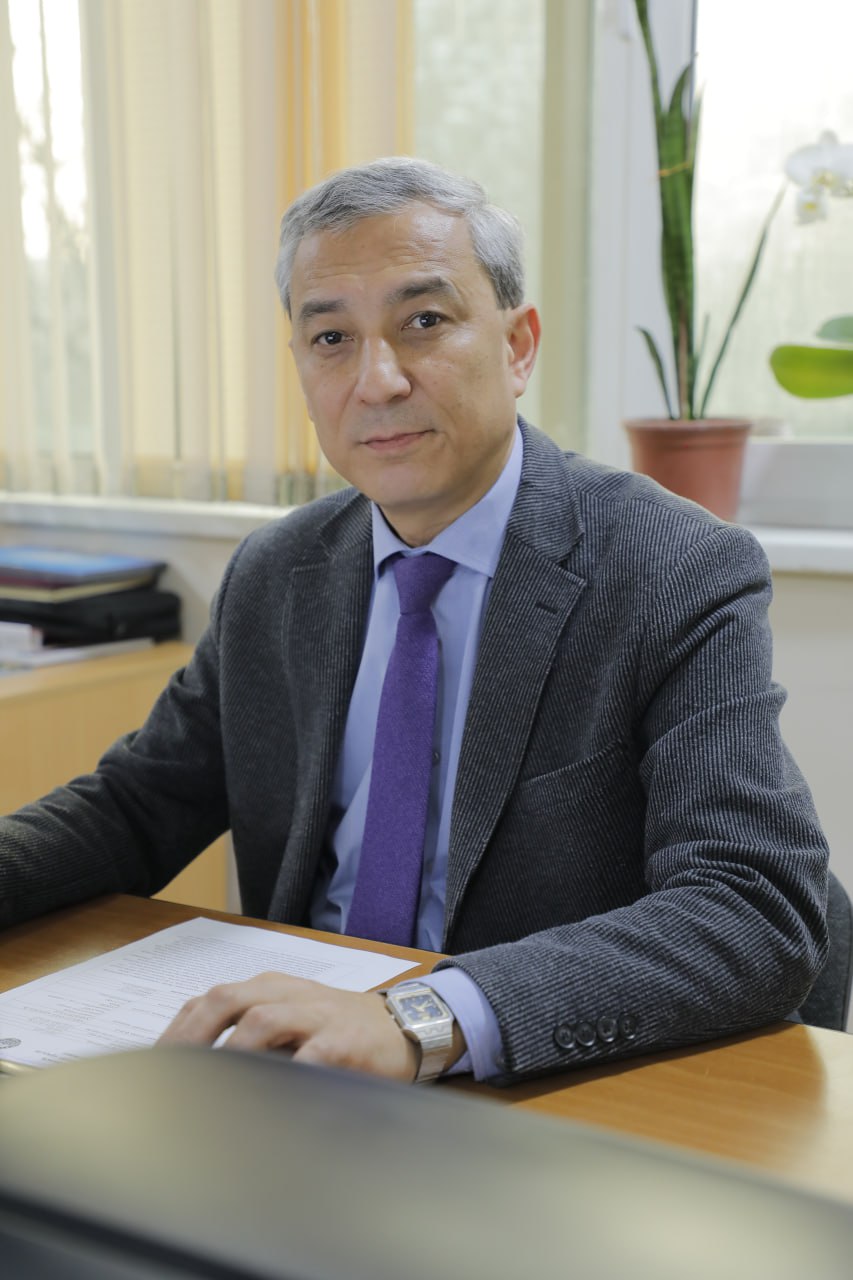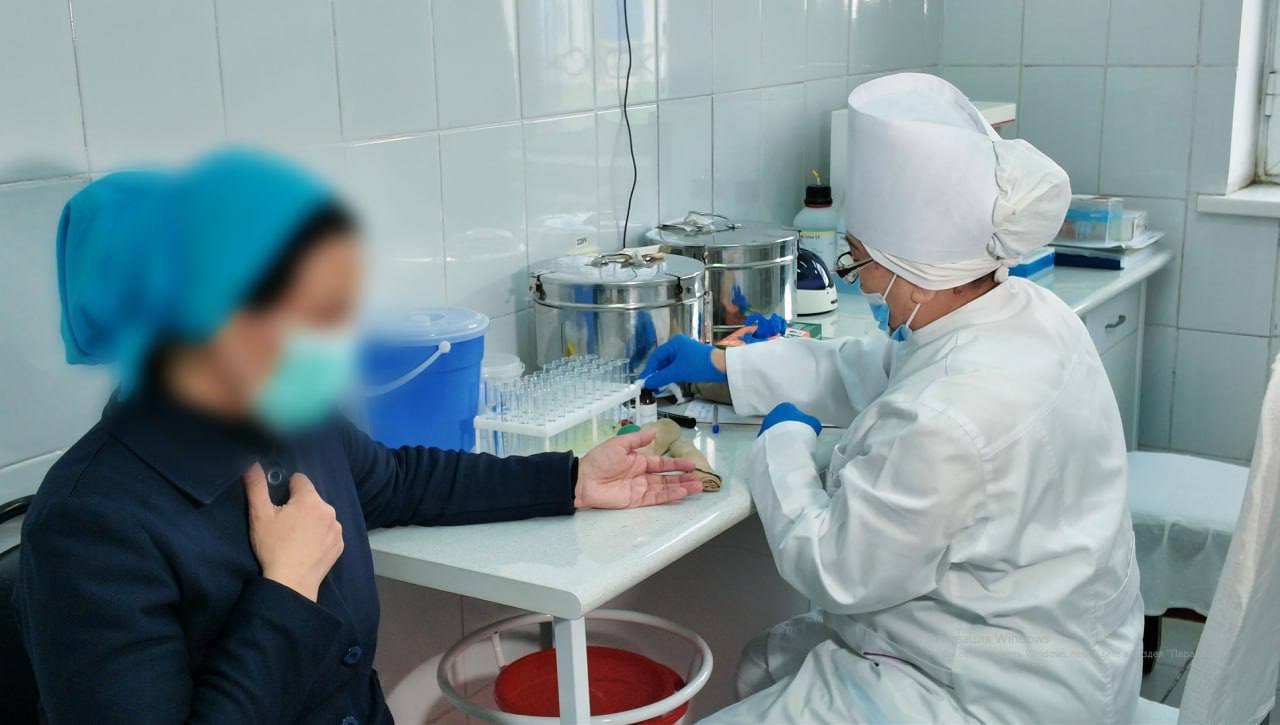The updated Constitution of the Republic of Uzbekistan (Article 26) clearly stipulates that human honor and dignity are inviolable, and no circumstances can serve as grounds for their humiliation. It also provides that no one shall be subjected to torture, violence, or other cruel, inhuman, or degrading treatment or punishment.
New provisions have been introduced to prevent torture, while the previous version of the norms has been improved. As a document of the highest legal force, the Constitution firmly establishes that no person may be found guilty or subjected to punishment if his or her confession is the sole evidence against them. The inclusion of these provisions directly in the Constitution demonstrates Uzbekistan’s firm position on upholding human dignity and combating torture in the country.
Chapter 4 of the Criminal-Executive Code of the Republic of Uzbekistan provides a mechanism for oversight and supervision of institutions and bodies executing sentences.
Within this system of control and supervision, along with other state authorities and administrative bodies, the Commissioner of the Oliy Majlis for Human Rights (Ombudsman) exercises parliamentary oversight. It is important to emphasize the uniqueness and value of this institution — it operates independently, is accessible to the public, is not affiliated with the judiciary or law-enforcement agencies, and possesses parliamentary legitimacy through a separate law defining its mandate, including in the field of protecting the rights of convicted persons.
According to the Law “On the Commissioner of the Oliy Majlis of the Republic of Uzbekistan for Human Rights (Ombudsman)” adopted on 15 November 2024, the Ombudsman takes measures to prevent the use of torture in places where persons are deprived of liberty and cannot leave at will. The Law incorporates the requirements of the Optional Protocol to the UN Convention against Torture and Other Cruel, Inhuman or Degrading Treatment or Punishment (OPCAT).
If we look at the figures, the Ombudsman and the Public Groups on the Prevention of Torture carried out 177 monitoring visits in 2021, 381 in 2022, 603 in 2023, and 902 in 2024 (491 in the first half of 2025). As a result, parliamentary and public oversight over the prevention of torture has been established. Based on the shortcomings identified during the monitoring, analytical data, reports, conclusions, and recommendations, as well as formal submissions demanding corrective measures, are prepared and forwarded to the relevant ministries and agencies. Furthermore, the monitoring results are reflected in the Ombudsman’s annual report submitted to both chambers of the Oliy Majlis.
It should be noted that in 2024, upon the Ombudsman’s recommendation, a 50-bed women’s ward was opened at Specialized Hospital No. 23 for Convicted Persons. The ward was equipped with modern medical devices and all necessary conditions were created for women convicts.
For reference: this hospital has two laboratories and 21 departments, including therapeutic, neurological, surgical, dental, diagnostic, and tuberculosis units, and complex surgical operations are performed there.
To further improve the quality of medical services, the hospital was equipped with two X-ray machines. One of them is a portable X-ray unit designed to be transported to other facilities, allowing its use in other correctional colonies. It can examine up to 300 convicted persons per day and provide accurate diagnostic conclusions.
The second X-ray machine can perform radiological examinations of all organs. Both devices operate with minimal radiation exposure, posing negligible harm to patients.
All these measures embody the essence of the reforms and transformations being carried out in our country — serving to ensure human rights and interests, including the provision of humane conditions of imprisonment in line with the United Nations Standard Minimum Rules for the Treatment of Prisoners (the Nelson Mandela Rules).
Gabit AIDAROV
Chief Consultant Office of the Commissioner of the Oliy Majlis for Human Rights (Ombudsman)























